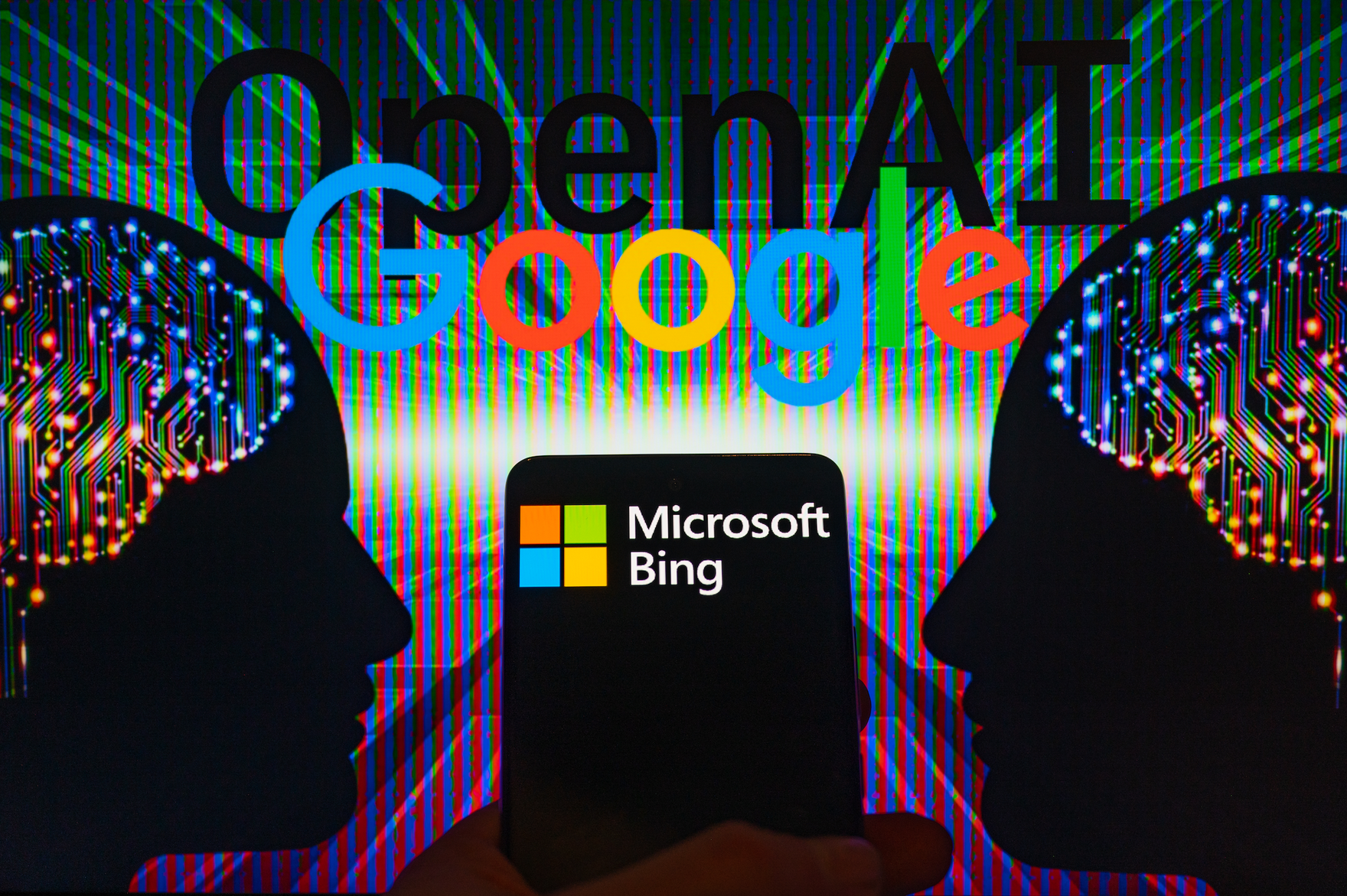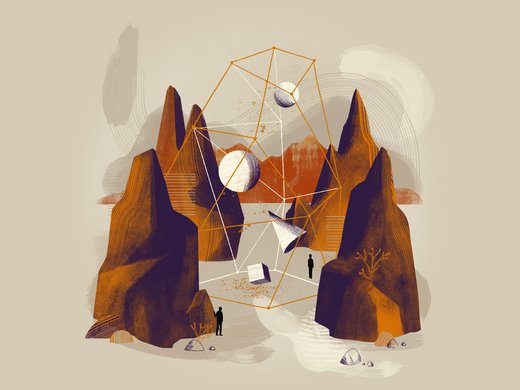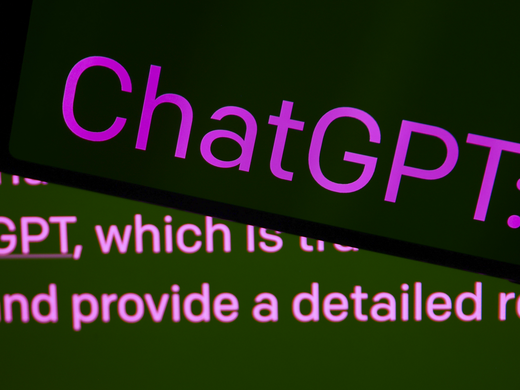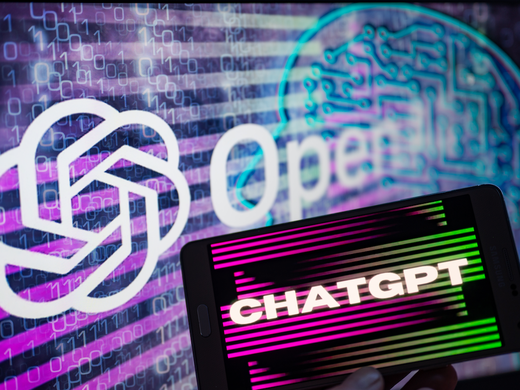On February 8, 2023, Google’s share price plummeted after Bard, its newly announced generative artificial intelligence (AI) search chatbot, made an error. Over the following week, Google lost some $170 billion in market value (all values in US dollars). It seems incredible that the share price of a $1.22 trillion company could drop by 10 percent in response to a mistake by a chatbot, but it happened.
We can evaluate this through several lenses. One perspective is that Bard wasn’t ready. Many observers felt it had been rushed to market in response to competitive pressure. Only two days before, Google’s CEO had shared in an internal memo that “the company is going to need all hands on deck to test Bard,” its rival to OpenAI’s ChatGPT.
Another view is that Bard’s poor performance was more the rule than the exception — a cautionary tale about generative AI’s propensity to be unethical, opaque and sometimes just plain wrong.
There is, however a more profound interpretation, which is that the market was being rational. “Buckle up folks, the AI wars have arrived,” reported Forbes in an article published — ironically — the same day as Bard’s stumble. Perhaps market volatility merely reflects investors’ accurate assessment that the stakes are exceedingly high.
Microsoft founder Bill Gates has said that the advent of generative AI technologies such as ChatGPT is as important as the invention of computers and the internet. He may be referring to the transformative potential of these technologies in terms of the way we live, work and communicate. But equally important is their impact on economic growth and prosperity. This will be true of AI, and the market knows it.
Labour productivity — a key ingredient to economic growth — has fluctuated over time, and it’s instructive to look back at the experiences and questions of the past. In 2001, Brookings experts Alice M. Rivlan and Robert E. Litan reported that in the United States, labour productivity grew at a comfortable 2.5 percent annually from the end of the Second World War to the mid-1970s, then slowed to 1.4 percent between 1973 and 1995. They conceded a lack of understanding around this slowdown and the subsequent uptick from 1995 to 2001, when labour productivity growth soared to three percent, but theorized that heavy investment in computers and telecommunications was a factor.
That 2001 report closed by asking what the economic potential of the internet might be.
Flash forward 20 years and now we know. A study from 2021 revealed that in 2020 the internet economy had grown seven times faster than the rest of the US economy during the four preceding years. In 2020 the internet economy contributed $2.45 trillion to the United States’ $21.18 trillion GDP. Like computing itself, the internet ushered in radical market transformation in terms of the how, where, what, when and why of business.
AI is forecast to contribute up to $15.7 trillion to the world economy by 2030. That’s a big prize. And the adage that “a rising tide lifts all boats” is not necessarily true in the digital economy. Intangible assets such as data and information tend to get monopolized via the network effect, a situation where the value of a product or service increases as more buyers, sellers or users use it. The dominance of today’s big tech firms can largely be attributed to network effects and the enabling power of data.
Now enter generative AI with colossal expectations. If it wasn’t clear before, ChatGPT blew the door wide open by putting the technology in the hands of consumers. While machine learning had been toiling away in relative obscurity in advanced robotics, fraud detection and other enterprise applications, generative AI broke the pinata.
Generative AI is not AI’s 15 minutes of fame but rather — as Gates might put it — AI’s internet moment, the technology now on the verge of becoming broadly available around the globe, and placed in the hands of regular people, not just large companies. Owing to the rise of digital infrastructure, we are likely to see more of these AI tools, not fewer. ChatGPT and its cousins are the vanguard of a new AI-for-consumers era. The prize will not be split evenly.
Bard’s bad day wasn’t the first “AI stumble,” just the most prominent to date. But don’t count Bard out just yet — it has its strengths. Whereas ChatGPT’s knowledge is limited (for now) to training data that it has been fed, Bard will be able to access information available on the internet. There’s a fierce battle ahead and it’s very early days. Buckle up!



